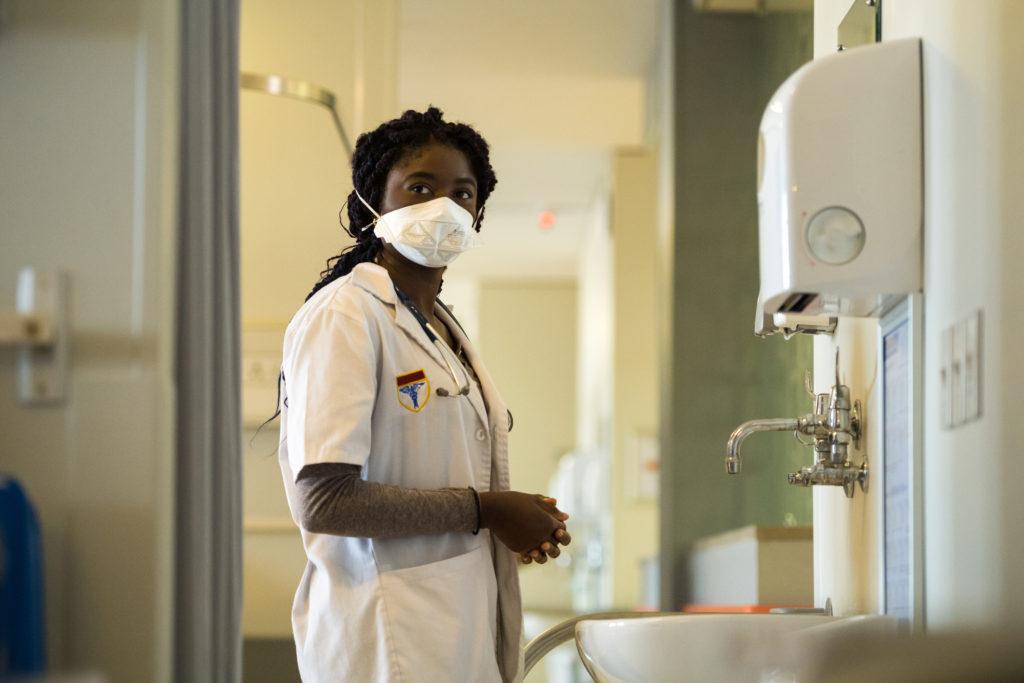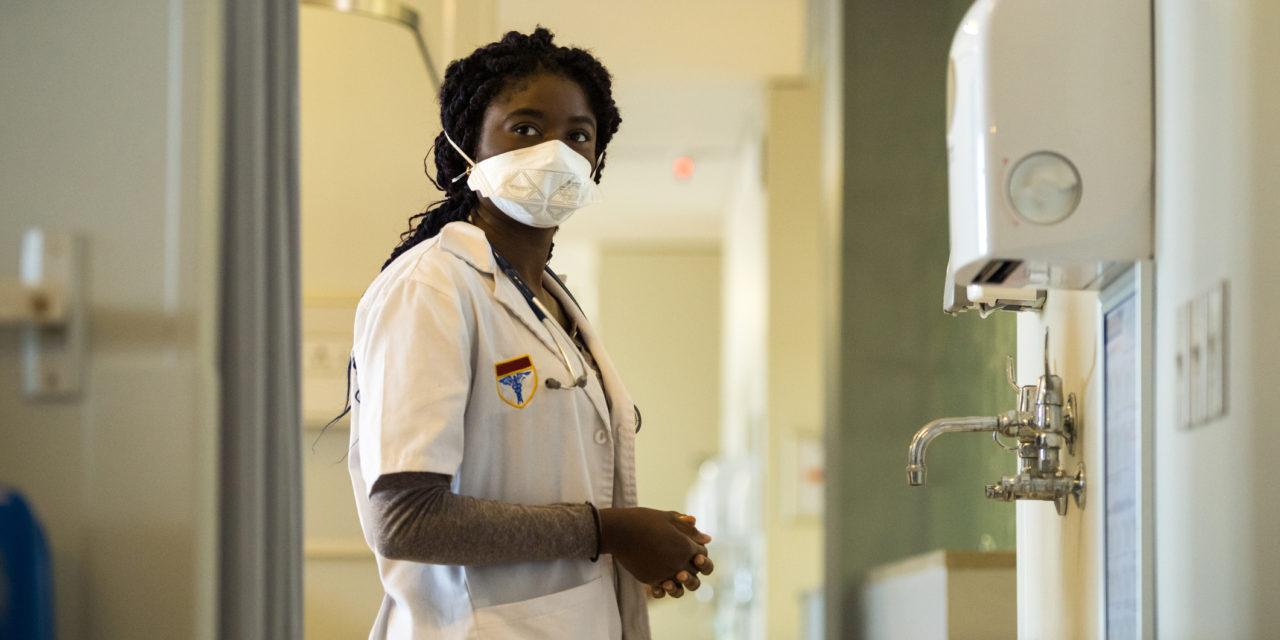
Brother, Sister … Are you okay?
May is Mental Health Awareness Month. In recent years, the focus on improving mental health within our general population has been an ongoing effort as mental health crises continue to rise post-pandemic. Some experts indicate that in 2022, about 59.3 million U.S. adults reportedly experienced some form of a mental health condition.
As a result of the increasing number of individuals being diagnosed with some form of a mental health concern, in recent years, there has been a slight rise of individuals opting in and not feeling ashamed to seek out mental health services. Due to promising advertisements of programs like BetterHelp, Psychology Today, and other mental health companies online and on television, the popularity of adults in the U.S. seeking out mental health services has increased from 19.2% in 2019 to 21.6% in 2021.
Although it is great to know that people today are taking charge of their own health and well-being, have you ever wondered: Who is taking care of the health providers that are taking care of you?
Mental health conditions can take a toll not only on the client, but also on the health care (HC) provider themselves. According to the Centers for Disease Control and Prevention (CDC), 46% of HC workers reported feeling burned out or mentally drained while in the workplace in 2022, when compared to 32% of HC workers reporting this in 2018.
In fact, in a recent “Morning Consult” survey, about half of HC employees reported that their mental health and daily well-being had declined since the start of the COVID-19 pandemic. These reports could have been due to the increasing demands (physical and mental) on these workers to perform at high levels at work despite being in a working staff shortage or working in unsafe environments. Other increasing demands might be: considering financial needs of patients, hospitals, and insurance; ensuring accurate documentation in medical records, managing different personalities among co-workers, all while balancing patient and family satisfaction.
Whew — that’s a lot to manage!
For non-white HC providers however, particularly those that identify as Black or African American, the workplace demands as mentioned above may also be compounded with systemic racism, health care inequities, and disparities among Black HC workers and their patients alike. In fact, other increasing demands could also be “race-related stressors” that Black HC providers may experience in the workplace. These race stressors could manifest as microaggressions, implicit biases, and outright discrimination from patients, colleagues, management, or the hospital institution itself.
According to the National Commission to Address Racism in Nursing, about 57% of nurses reported have been challenged with racism in the workplace; and 92% of Black nurses reported experiencing racism in the workplace and reporting racism negatively impacting their professional well-being [4]. Experiencing racism at work for Black HC providers poses a HUGE concern in healthcare considering that in 2022 only 6.3% of Registered Nurses identified as Black or African American [5]. This continues to be an issue because demands such as these combined with other race-related stressors in the workplace pose a likely correlation for mental health concerns and burnout from our Black HC professionals.
Racism and discrimination in the workplace from the provider perspective is disturbing alone, yet navigating the weight of being in the minority can bring its own stress. Sometimes as the “only one” in the healthcare facility, Black HC providers may feel more pressure to ensure that their Black patients receive appropriate and fair treatment. Black HC providers may also feel the need to promote health equity for an individual patient or surrounding community. Pressures may involve dealing with discrimination head-on from patients, colleagues, and supervisors.
It is critically important as a Black HC employee to take care of your mental health:
- Seek out mental health services (if needed)
- Establish self-care regimens like mindfulness/meditation, exercising, taking time off from work, etc.
- Request and promote allyship in a health care facility to increase equitable opportunities and inclusive professional development processes.
As a Black health care provider myself, I am committed to the effort in improving the well-being of other Black health care workers. Considering all of the demands put upon us on a daily basis at work and outside of work — it is worth considering, when reflecting on one’s own mental health: If you aren’t taking care of yourself, how can you adequately take care of someone else?
Ultimately, improving mental health can reduce the risk of burnout on the job and enhance one’s overall well-being in the personal and professional sectors. While navigating the ongoing demands of managing the care of patients and themselves in the workplace, it is imperative that our Black HC providers have access to support for their own mental health.
Understand that taking care of your mental health is a continuous journey, and with these measures put into practice, the hope is to feel more empowered about your self-care and overall well-being.



















